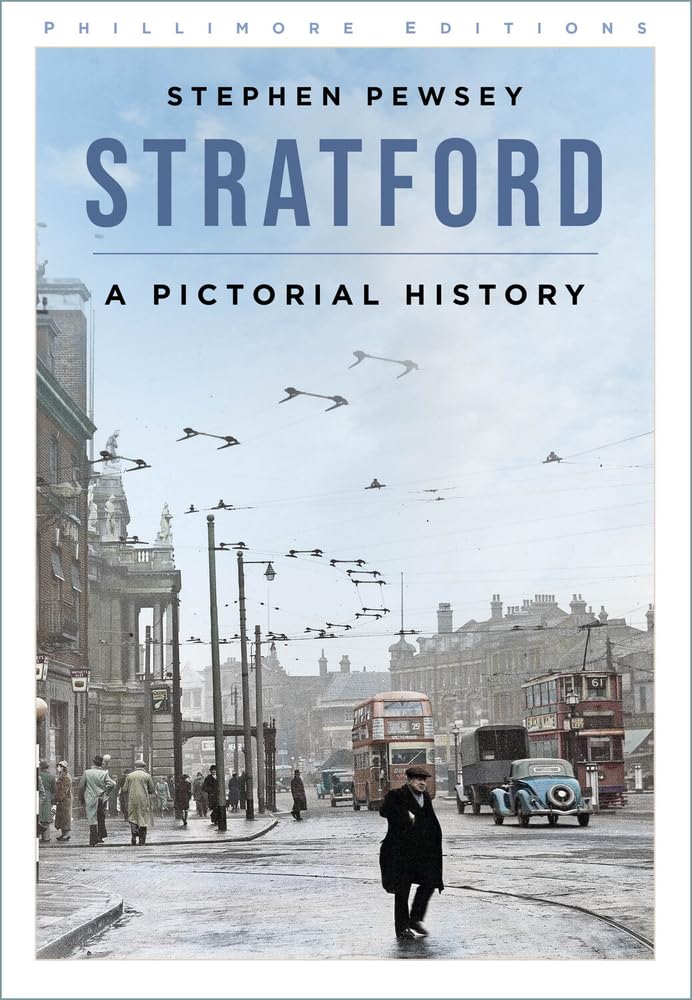Stratford: A Pictorial History by Pewsey, Stephen
Stratford: A Pictorial History by Pewsey, Stephen
Low stock: 1 left
Couldn't load pickup availability
Author(s): Pewsey, Stephen
Pub: Phillimore & Co Ltd
Pack Qty: 0 (Paperback)
ISBN: 9781803993614 - New
244mm x 172mm x 9mm
Publication: 2023Pages: 128
Stratford developed at the lowest crossing point of the River Lea and was a strategic gateway to London. Part of the Essex parish of West Ham, its name, which derives from the Roman road to Colchester, was first mentioned shortly after the Norman Conquest. Domesday Book recorded nine water-mills and, more recently, the largest tithe-mill in Britain was built here in 1776, which happily survives to this day. The Abbey of Stratford Langthorne was founded in 1135, soon after the new Bow Bridge had been built, and it remained a wealthy instituion until its dissolution in 1538. Throughout the Middle Ages, Stratford's situation made it a trading place and a rural retreat for City merchants. Silk weaving and calico printing were the first industries to develop, together with the famous Bow porcelain works, but after the railway arrived, in 1839, Hudson, 'The Railway King', turned Stratford into a major railway town. Meanwhile, on the marshy, southern fringe, fronting the Thames, ship-building and chemical works developed and the greatest industrial venture, the Royal Docks, were built, for many years the largest in the country. Stratford's growth in the Victorian age was phenomenal; the population soared and social pressures mounted. The area became a cradle of the socialist and trade union movement. This splendidly illustrated book explores both the medieval background and the rich industrial and social heritage of Stratford in a fascinating narrative account, illuminated with a superb selection of carefully captioned old pictures. It will appeal to all who live or shop in the town and to everyone with an interest in the past of East London and the making of its present environment.
View full details

